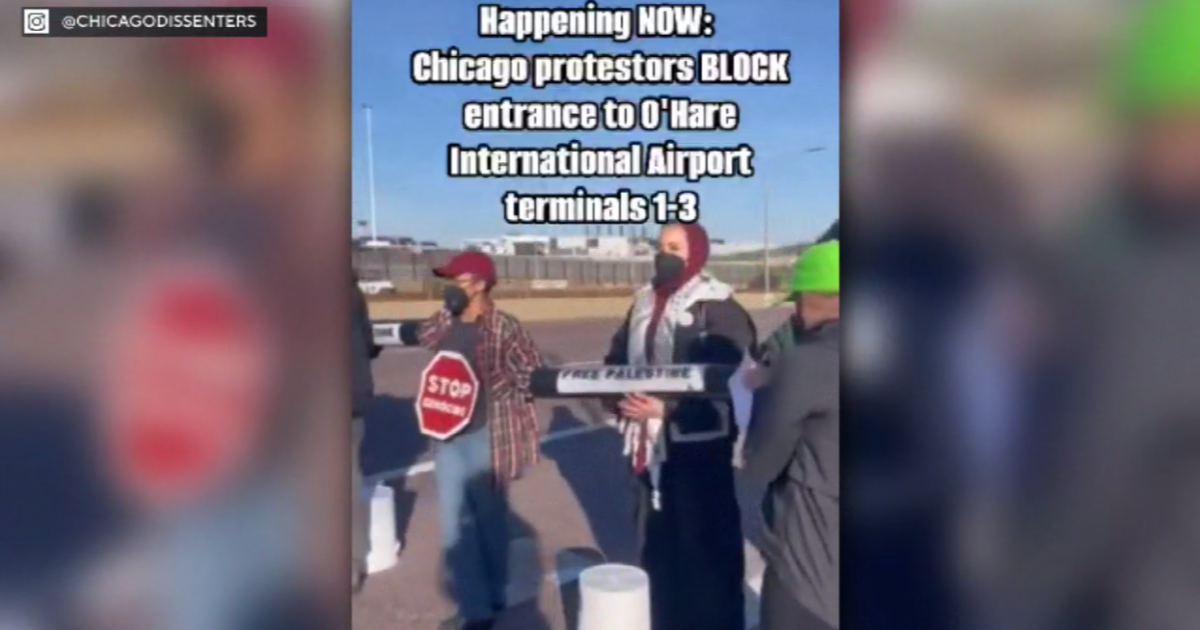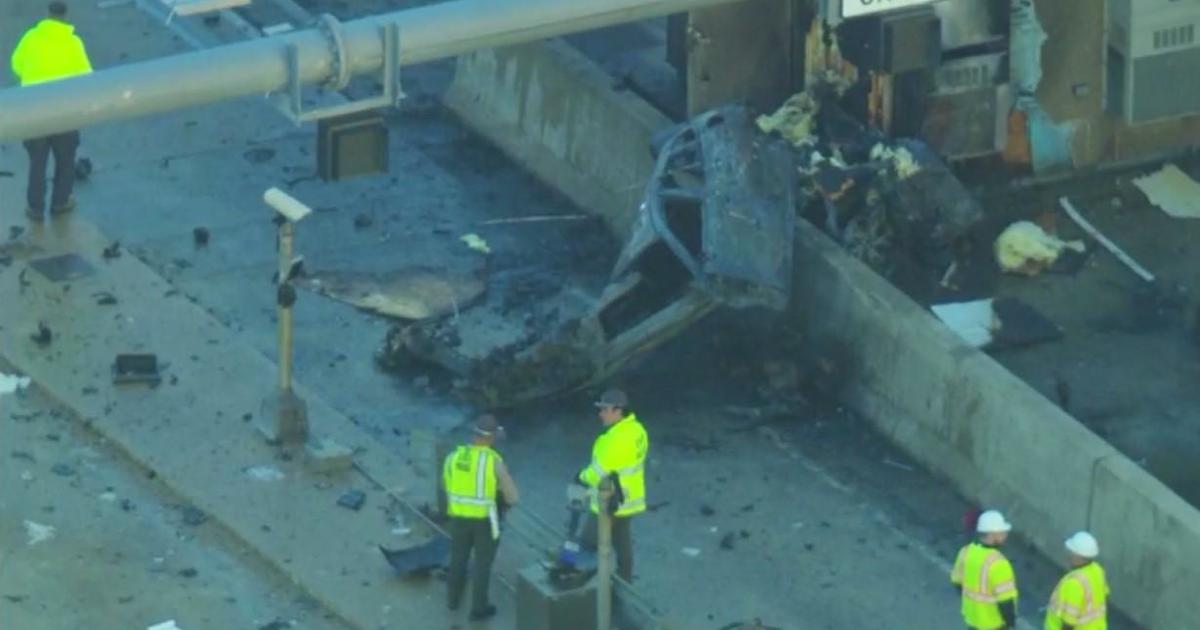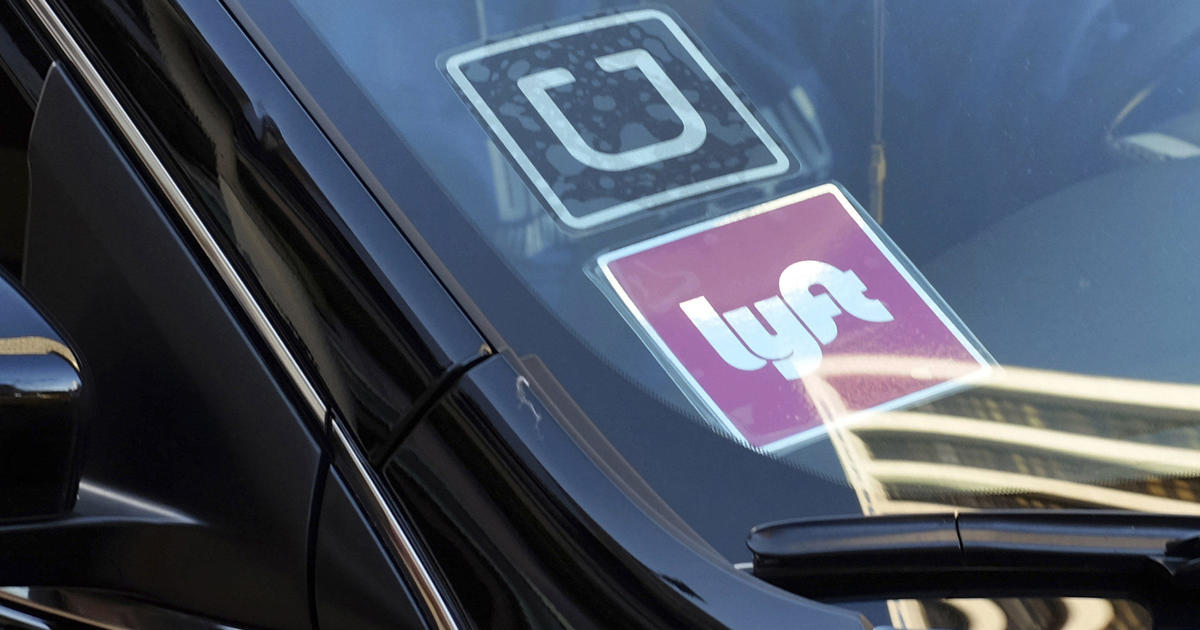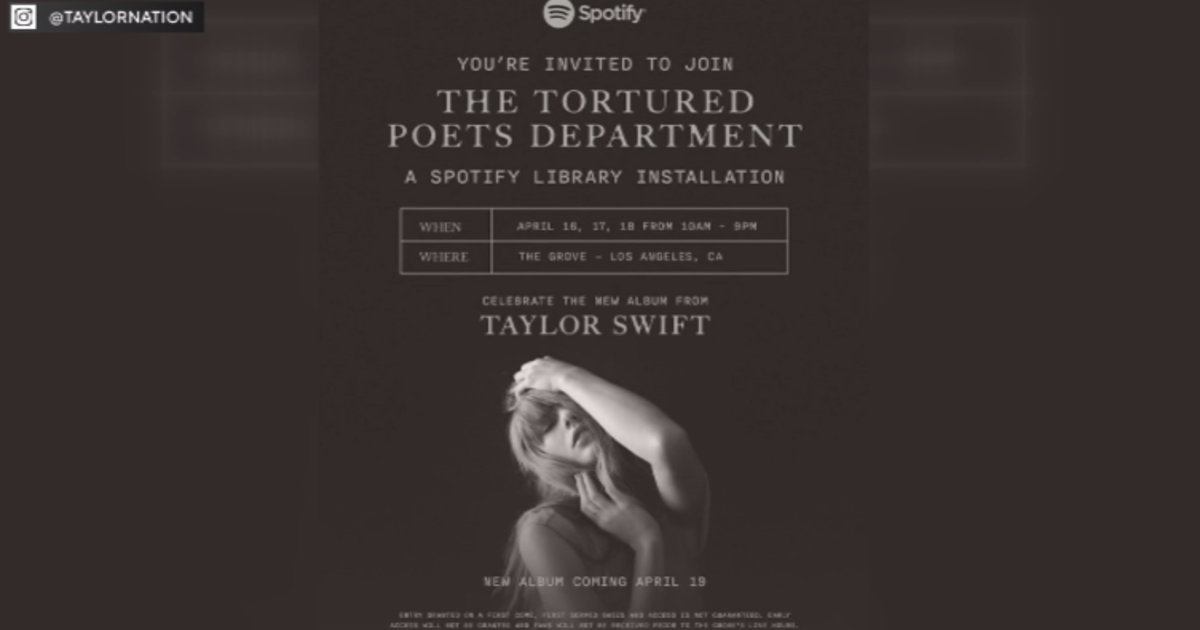Lawmaker Wants Longer Yellow Lights At 'Photo Enforced' Intersections
CHICAGO (CBS) – Every driver fears this scenario: They're approaching a red-light camera intersection as the light turns yellow. Just as they're scooting through, the light quickly turns to red.
Then they've got a $100 ticket.
But drivers may soon get some relief, CBS2's Mike Parker reports.
A proposed new law coming out of Springfield would force traffic lights at "photo enforced" intersections to add one additional second to the length of the yellow light.
The bill's author, state Sen. Dan Duffy (R-Barrington), says several cities and towns in other states have implemented the system.
"They've drastically improved safety," Duffy said.
The added "yellow" time has not only cut back on accidents, but has also cut the number of red-light camera tickets being issued.
Chicago motorist Martin Ward got one of those tickets last month and says he thinks a longer yellow might have saved him from a ticket.
"It showed me just right in the middle of the intersection," when the camera flashed, he said. "I think one more second would have gave it to me."
Critics say Chicago's red-light cameras are more about generating fines than about safety. Duffy says the whole red-light camera concept is about "nickel and diming people to death, every time they drive through an intersection."
Mayor Emanuel's office does not support Duffy's idea.
"Lengthening yellow lights has adverse safety implications for drivers and pedestrians," the mayor's office said in a written statement.
"That's mind-boggling," Duffy says of Emanuel's reaction. "Studies show that adding one second of yellow improves safety from 35 to 90 percent."
A recent study by a University of Illinois traffic expert studied 39 Chicago intersections with red-light cameras and found the number of accidents actually increased after they were installed.



